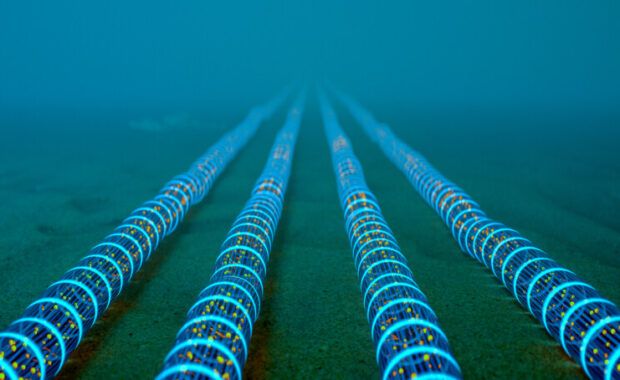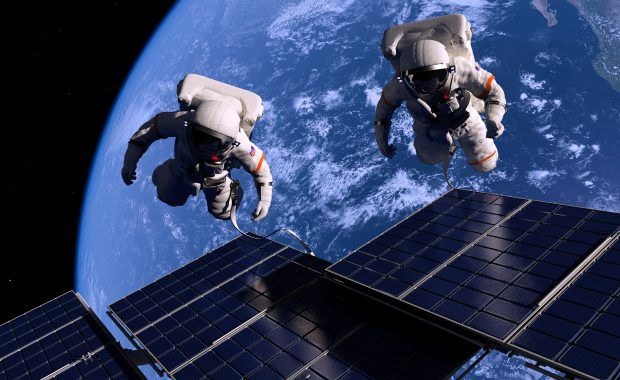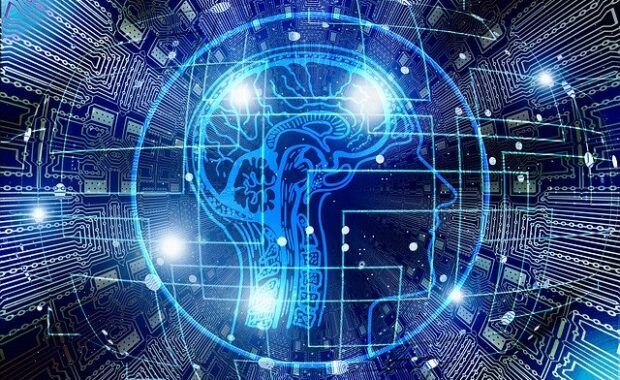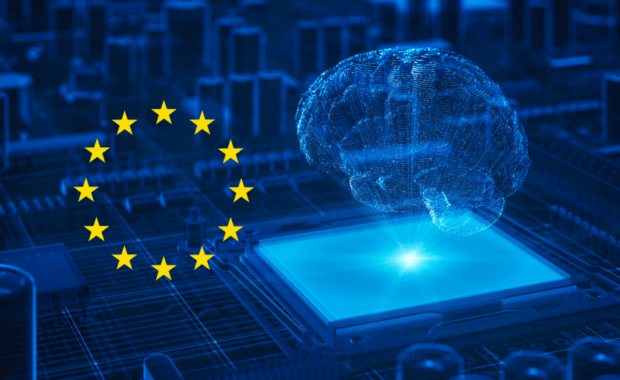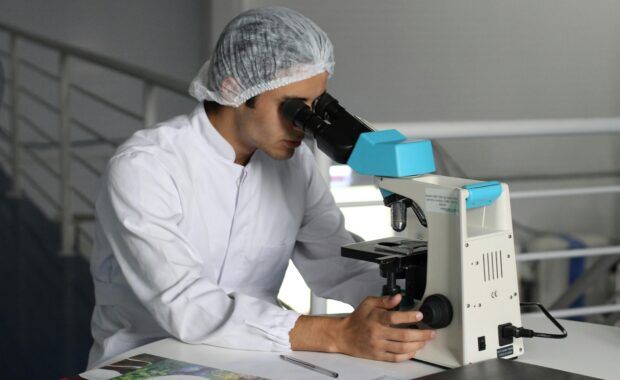The European Commission’sAction Plan against Cyberbullyin gaims to protect the mental health of children and adolescents online in the EU. The Action Plan focuses on: implementing an EU-wide app where victims of online bullying can easily get help; coordinating national strategies to tackle harmful online behaviour; and preventing cyberbullying by promoting better and safer digital […]
Read MoreCommission increases submarine cable security with €347 million investment
Submarine data cables, carrying 99% of intercontinental internet traffic, are essential for modern life and the European economy. As the EU faces increasing risks to this critical infrastructure, the European Commission is intensifying efforts to enhance its security and resilience. Today, it introduced a new Cable Security Toolbox of risk mitigating measures and a list […]
Read MoreLegal Affairs MEPs call for protection of copyrighted works used by AI
Owners of protected content rights should be able to opt out of artificial intelligence (AI) training and automated data scraping. AI providers and implementers must be transparent about the protected content used to train their systems. Rights holders should receive adequate remuneration, and the EU’s creative and press sectors should be protected. Access to high-quality […]
Read MoreThe European Commission and the European Parliament strengthen the EU’s access to space
At the 18th European Space Conference, five disruptive innovations received the Revolutionary Innovation Award for European Launch Solutions, in the presence of Commissioner Andrius Kubilius and MEP Christophe Grudler. Each winner received €950,000 for their innovation, which will redefine Europe’s access to space, strengthen our strategic autonomy and improve the competitiveness of the European space […]
Read MoreEU Startup and Scaleup Strategy – progress so far and challenges ahead
Commissioner for Startups, Research and Innovation, Ekaterina Zaharieva, hosted the third European Startup and Scaleup Forum in Brussels, bringing together founders, investors and other industry leaders from across Europe. Eight months after the adoption of the EU Startup and Scaleup Strategy, the Forum provided an opportunity to take stock of implementation progress, assess early impact […]
Read MoreCouncil paves the way for creation of AI gigafactories
On 16 January, the Council adopted an amendment to the Regulation governing the activities of the European High Performance Computing Joint Undertaking (EuroHPC Joint Undertaking), extending its objectives to facilitate the creation of artificial intelligence (AI) gigafactories in Europe and to include a specific pillar on quantum technologies. The amended Regulation enables the development and […]
Read MoreThe EU invests over €307 million in artificial intelligence and related technologies
The European Commission has launched two new calls for proposals under the “Digital World, Industry and Space” cluster of the Horizon Europe work programme, allocating €307.3 million to strengthen Europe’s digital innovation and competitiveness. A total of €221.8 million will be allocated to an initiative focused on developing reliable artificial intelligence (AI) services, innovative data […]
Read MoreCommission invests €14 billion through Horizon Europe to boost global research and innovation leadership
On December 11, the European Commission adopted the main Horizon Europe work programme for 2026-2027, a €14 billion investment designed to drive research and innovation (R&I) across the EU’s strategic goals. These goals include achieving climate neutrality, boosting the use of artificial intelligence (AI) in research and innovation, and ensuring resilience in a rapidly changing […]
Read MoreLa Comisión abre una investigación antimonopolio sobre la nueva política de Meta relativa al acceso de los proveedores de IA a WhatsApp
La Comisión Europea ha abierto una investigación formal antimonopolio para evaluar si la nueva política de Meta sobre el acceso de los proveedores de inteligencia artificial (“IA”) a WhatsApp puede infringir las normas de competencia de la UE. La nueva política de Meta, anunciada en octubre de 2025, prohíbe a los proveedores de IA utilizar […]
Read More

